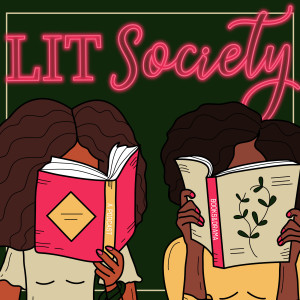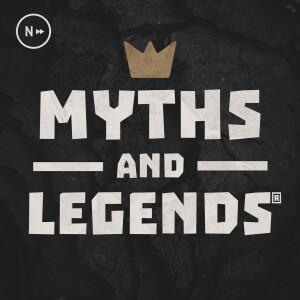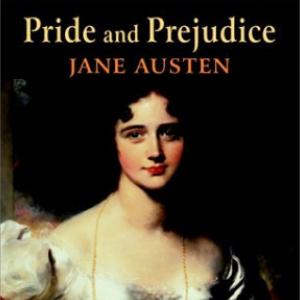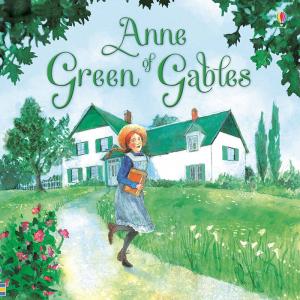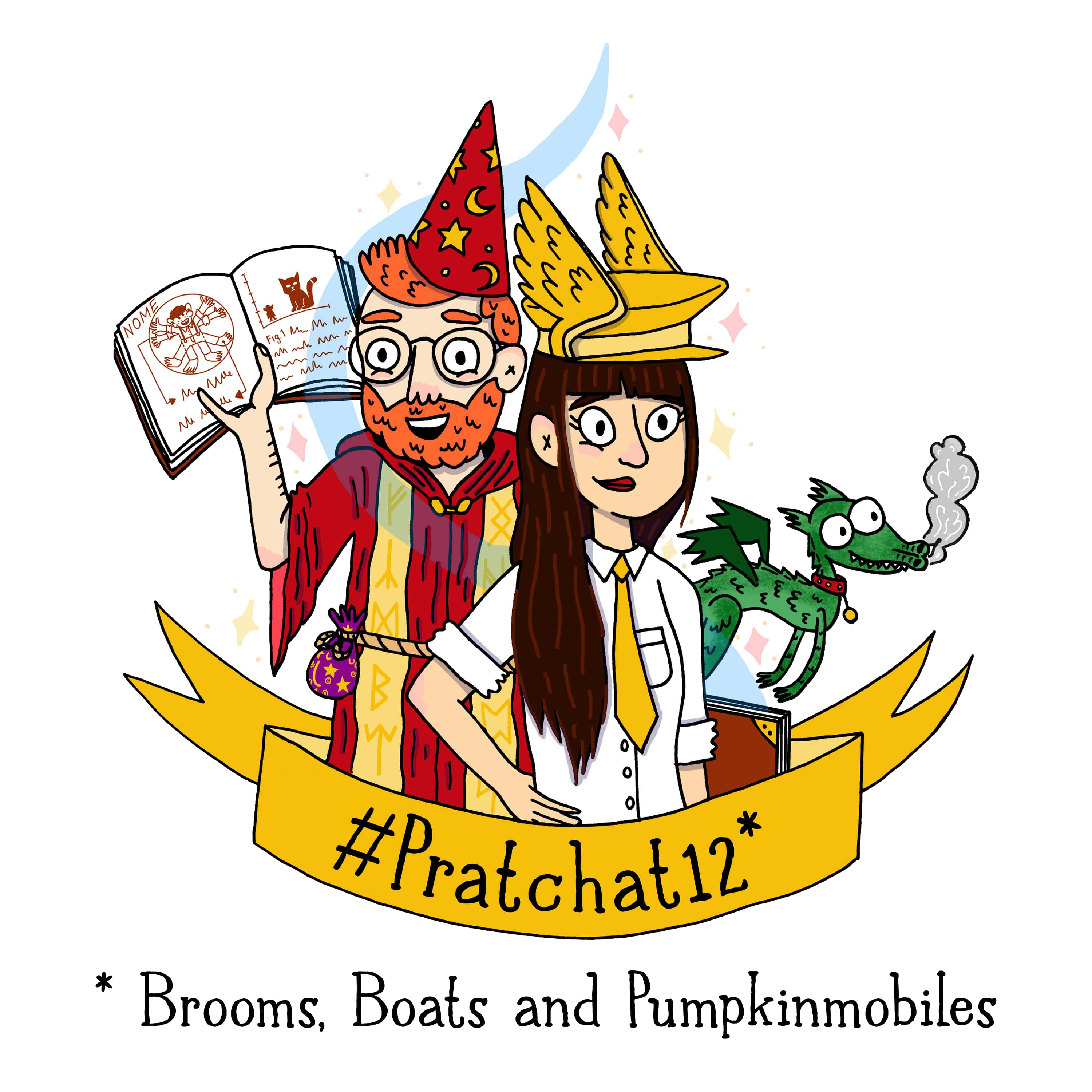

Pratchat - a Terry Pratchett and Discworld book club
Brooms, Boats and Pumpkinmobiles (Witches Abroad)
2018-10-07
For our twelfth episode we're joined by editor and bookseller Jackie Tang of Neighbourhood Books in Northcote as we discuss Witches Abroad! The twelfth Discworld novel, published in 1991, Witches Abroad is the second to star the Lancre witches, who return only two books later for Lords and Ladies.
Witch Desiderata Hollow has died and passed on her fairy godmother wand to Magrat Garlick, the youngest of the Lancre witches, along with a note telling her to go to the distant kingdom of Genua...
For our twelfth episode we're joined by editor and bookseller Jackie Tang of Neighbourhood Books in Northcote as we discuss Witches Abroad! The twelfth Discworld novel, published in 1991, Witches Abroad is the second to star the Lancre witches, who return only two books later for Lords and Ladies.
Witch Desiderata Hollow has died and passed on her fairy godmother wand to Magrat Garlick, the youngest of the Lancre witches, along with a note telling her to go to the distant kingdom of Genua to stop a servant girl from marrying a prince - without Granny Weatherwax. Which of course means Granny - and Nanny Ogg - are definitely coming. As they make their way across the Disc by broomstick and riverboat, experiencing all that travel has to offer, they find themselves increasingly drawn into warped stories - and Granny may not be letting on all that she knows about what they'll face when they arrive...
As well as providing an extended parody of the English travelling abroad, Witches Abroad is mostly about stories - where they come from, how they influence us, and what they really mean when you stop to think about them. As well as traditional fairytales, Pratchett lampoons everything from The Wizard of Oz to Disney princesses and even Middle Earth. So what did you think of Witches Abroad? Use the hashtag #Pratchat12 on social media to join the conversation.
In our next episode we'll be going back amongst the Nomes for book two of the Bromeliad - Diggers! As usual we'd love to get your questions for the podcast; send them in via social media using the hashtag #Pratchat13.
Show Notes and Errata:
"Voodoo" is a popular culture distillation of several religions, but especially Haitian and Louisiana Vodun, themselves derived from West African Vodun and influenced by many other traditions, including Christianity. Some rituals involve summoning spirits known as lwa or loa, intermediaries between the physical world and the creator deity (Bondye, Mawu or others depending on the tradition). Famous loa include Baron Samedi, a loa of the dead, and Papa Legba, who exists at the crossroads between the material and spiritual worlds. Nikolai Vasilievich Gogol was a 19th century Russian writer. His works are social commentary, mostly in the form of farce and satire. The Government Inspector is his best known novel, but he is mostly remembered for his many short stories including Diary of a Madman, The Nose, The Overcoat and The Tale of How Ivan Ivanovich Quarreled with Ivan Nikiforovich. (His name is pronounced GO-gl, which is more or less the only way we don't try to say Mrs Gogol's name during the podcast.)Of the Discworld books we've covered so far, Wyrd Sisters, Sourcery and Moving Pictures all begin with a death. Pyramids, Men at Arms and Reaper Man all have deaths close to the beginning that are vital (if you'll excuse the term) to their plots.The prose poem Desiderata was written by American writer Max Ehrman in 1927, though it didn't become widely known until the early 1970s. You've almost certainly read or heard at least one of the verses. The poem's copyright status has been a matter of contention over the years, in part because it was printed unattributed in a church leaflet accompanied by the church's founding date, leading some to believe it was much older and therefore in the public domain. As a result the Annotated Pratchett File has a copyright notice asserting Erhman's authorship rather than any quotes, but by contrast you can read the whole thing on Wikipedia. The word "Desiderata" is Latin, the plural form of "desideratum": a thing wished for, or - you guessed it - desirable. It is indeed the source of the English word "desire".We ruined our browser history so you wouldn't have to: Echidna penises are indeed unusual. They are very long for their body size, and with not three but four prongs, more like those seen in reptiles than other mammals. They only use two of the prongs at a time, though.
View more
Comments (3)
More Episodes
All Episodes>>Create Your Podcast In Minutes
- Full-featured podcast site
- Unlimited storage and bandwidth
- Comprehensive podcast stats
- Distribute to Apple Podcasts, Spotify, and more
- Make money with your podcast
It is Free

